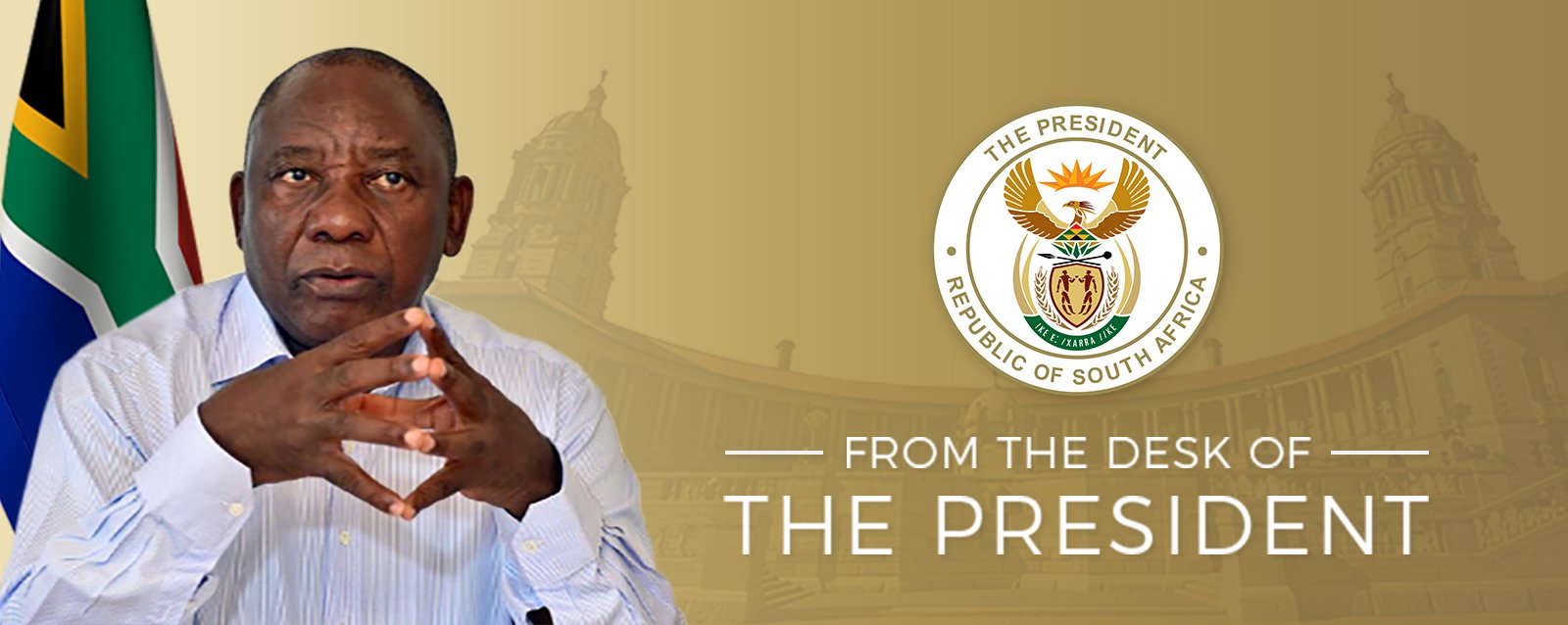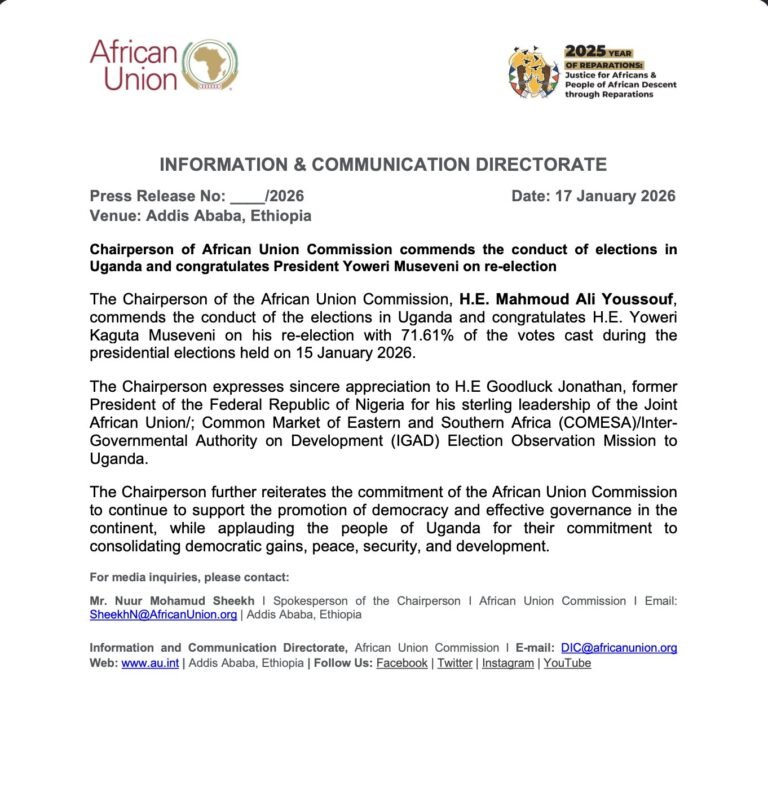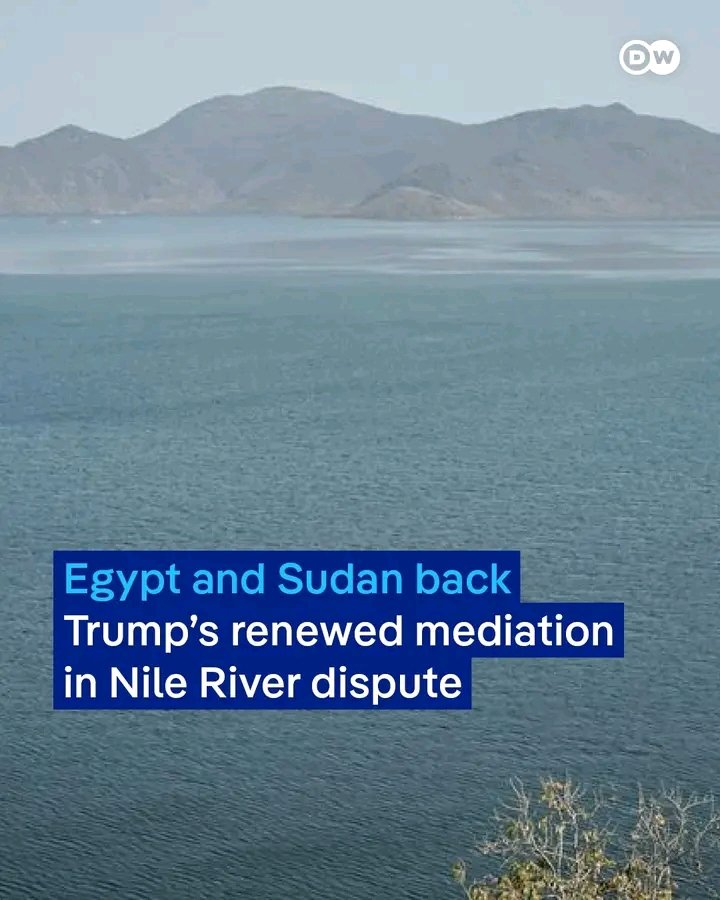
South Africa Exits FATF Grey List in Major Boost for Economy
PRETORIA – In a significant victory for the nation’s financial integrity and international standing, President Cyril Ramaphosa has announced South Africa’s formal removal from the Financial Action Task Force (FATF) grey list.
The decision, confirmed by the global watchdog on Monday, 27 October 2025, marks the culmination of over two years of intensive reforms to strengthen the country’s defences against money laundering and terrorist financing.
In his weekly newsletter, the President hailed the development as a testament to the country’s “collective determination to ensure that the malfeasance of the past is well behind us.” He stated that the FATF had welcomed the “significant progress” South Africa has made.
“This milestone is a boost for South Africa’s international reputation and global standing,” President Ramaphosa wrote. “The return of international financial confidence and a reduced risk perception will attract more foreign direct investment. As our currency strengthens, the cost of living for citizens and doing business will improve.”
South Africa was placed on the increased monitoring list, commonly known as the “grey list,” in 2023 after the FATF identified strategic deficiencies in the country’s anti-financial crime systems. This listing had raised the risk profile of the country, potentially making it more expensive to obtain international credit and discouraging foreign investment.
The President acknowledged that the state capture era had led to a “near hollowing out of state capacity,” rendering the country vulnerable to financial crimes. However, a multidisciplinary team led by the National Treasury spearheaded a comprehensive reform agenda to address the FATF’s concerns.
Key reforms included:
· Strengthening the Financial Intelligence Centre (FIC): Its mandate was expanded in 2022 to allow for more effective monitoring and detection of complex financial crime.
· Enhancing Transparency: Legislative changes were made to enforce more stringent reporting regulations around beneficial ownership, making it harder for corrupt individuals to hide behind shell companies and trusts.
· Combating Terrorism Financing: Regulatory amendments were introduced to close high-risk loopholes and enable the investigation and prosecution of terrorism financing cases.
President Ramaphosa emphasised that this achievement is not a reason for complacency but a foundation for further action.
“Much work remains to be done to reduce and prevent financial crimes, and ensure speedier investigations, prosecutions and convictions of those committing such crimes,” he said. “With the necessary regulatory frameworks in place, our focus must now be on improving and strengthening implementation.”
The exit from the grey list is seen as a critical step in rebuilding investor confidence and solidifying South Africa’s commitment to clean governance and a robust financial system.






